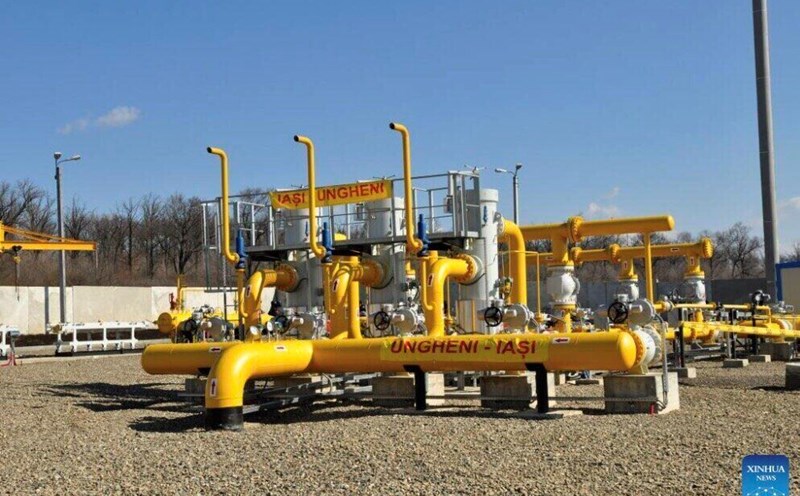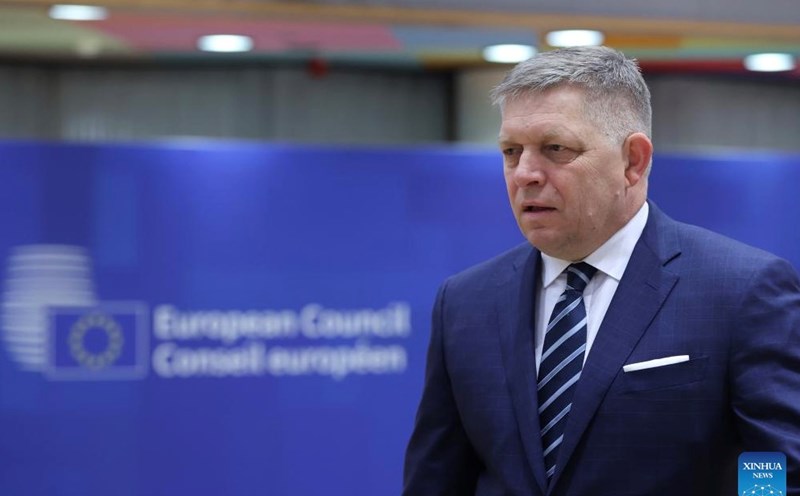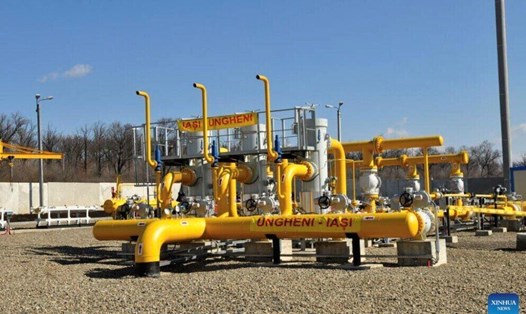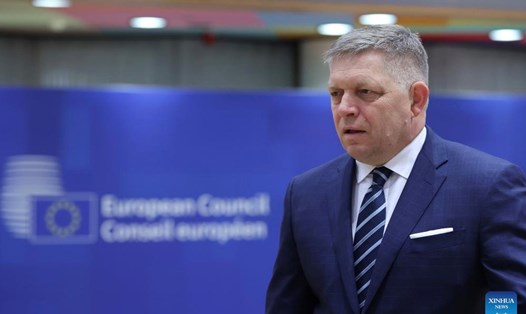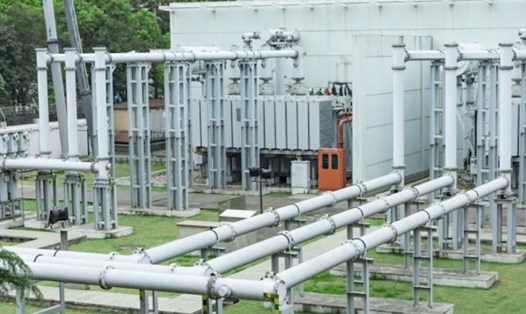Although Brussels appears open to the idea, it is still unable to buy and European countries are importing record amounts of cheap liquefied natural gas (LNG) from Russia, the Financial Times notes.
Immediately after her re-election, European Commission President Ursula von der Leyen supported the idea: “Why not replace Russian gas with American LNG?”.
However, officials and analysts point out, the EU's executive body is not a buyer of gas and can do little more than signal to the US that European companies are interested in US LNG.
The EU has pledged to buy more LNG from the US in 2022, but officials say no updated plans have been made yet.
The fundamental problem is that the EU cannot give up cheap Russian fossil fuels. Last year, EU companies imported record amounts of LNG from Russia. “That liquefied natural gas should have come from the United States,” said Mike Sommers, chief executive of the American Petroleum Institute, the largest US oil and gas lobby.
Fearing a supply squeeze after Russia gradually stopped supplying Europe via pipeline, the EU has not banned Russian LNG or capped the price of Russian LNG shipped by tanker. Instead, the EU aims to end its dependence on Russian energy by 2027 and allows governments to ban Russian exporters from using EU gas infrastructure.
LNG could be included in a new round of sanctions against Russia, but this would require the unanimity of all 27 member states, with Hungary and Slovakia likely to object, according to EU diplomats involved in the talks.
The US industry is confident that it has enough spare capacity to replace Russian LNG in Europe’s energy mix. S&P Global Commodity Insights says that a total of 10.3 million tonnes of LNG have been contracted to be shipped from plants under construction in the US to Europe. Another 9.5 million tonnes of LNG are available for European buyers. This exceeds the 17 million tonnes of Russian LNG that the EU imported last year.
LNG prices, however, are a big issue. The EU is struggling to protect its industries and reduce high energy prices, especially in Germany, Europe’s largest economy.
EU gas prices are about three times higher than in the US. “Prices are a delicate and decisive issue,” said an EU official.
Anatol Feygin, chief commercial officer of Houston-based LNG exporter Cheniere Energy, told the Financial Times that commercial decisions and price signals will determine the flow of US LNG into Europe, not decisions by regulators.
One way for Brussels or other EU governments to get involved, he suggested, would be to create a strategic LNG reserve that could include shipments from the US.
According to the International Energy Agency's forecast, EU gas demand is expected to fall by up to 25% by 2030 compared to 2023, while countries such as Qatar and Canada will also increase production.
“We are at the beginning of a new wave of LNG supply,” said Michael Stoppard, head of global gas strategy at S&P Global Commodity Insights. “Every year that passes, Europe finds it easier to find an alternative to Russian LNG, especially from 2026 onwards.”

